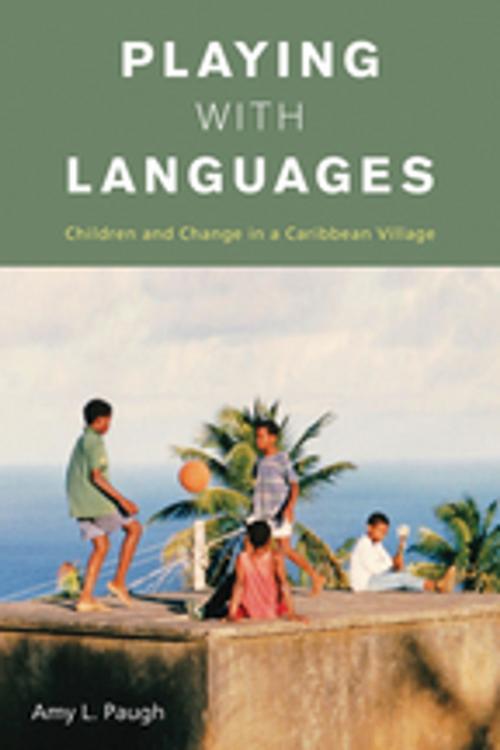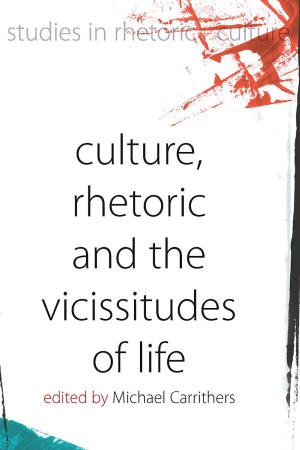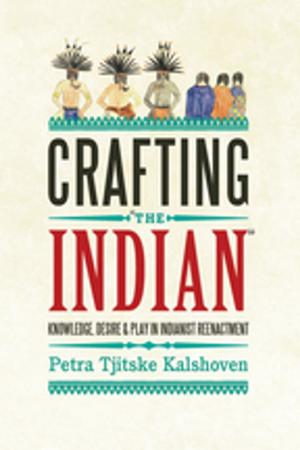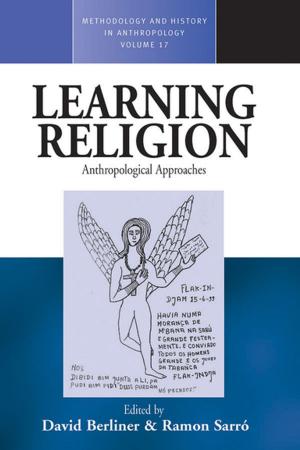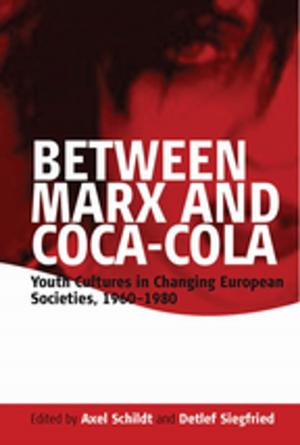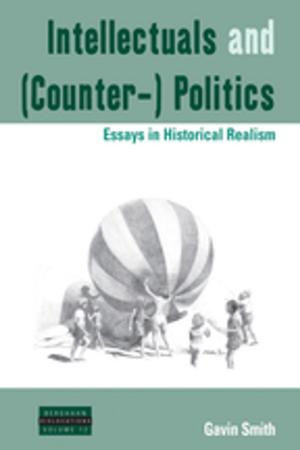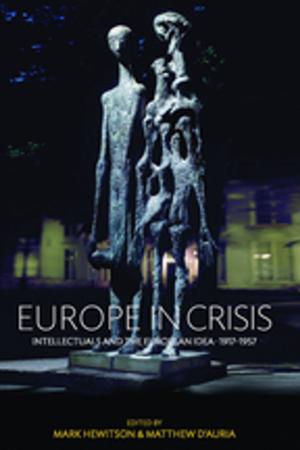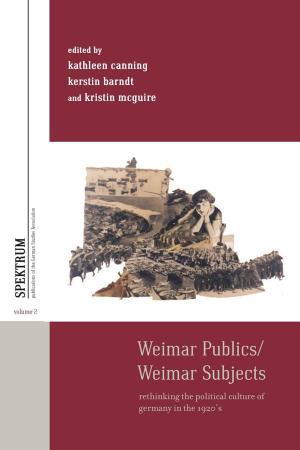Playing with Languages
Children and Change in a Caribbean Village
Nonfiction, Reference & Language, Language Arts, Linguistics, Social & Cultural Studies, Social Science, Anthropology, Education & Teaching| Author: | Amy L. Paugh | ISBN: | 9780857457615 |
| Publisher: | Berghahn Books | Publication: | September 1, 2012 |
| Imprint: | Berghahn Books | Language: | English |
| Author: | Amy L. Paugh |
| ISBN: | 9780857457615 |
| Publisher: | Berghahn Books |
| Publication: | September 1, 2012 |
| Imprint: | Berghahn Books |
| Language: | English |
Over several generations villagers of Dominica have been shifting from Patwa, an Afro-French creole, to English, the official language. Despite government efforts at Patwa revitalization and cultural heritage tourism, rural caregivers and teachers prohibit children from speaking Patwa in their presence. Drawing on detailed ethnographic fieldwork and analysis of video-recorded social interaction in naturalistic home, school, village and urban settings, the study explores this paradox and examines the role of children and their social worlds. It offers much-needed insights into the study of language socialization, language shift and Caribbean children’s agency and social lives, contributing to the burgeoning interdisciplinary study of children’s cultures. Further, it demonstrates the critical role played by children in the transmission and transformation of linguistic practices, which ultimately may determine the fate of a language.
Over several generations villagers of Dominica have been shifting from Patwa, an Afro-French creole, to English, the official language. Despite government efforts at Patwa revitalization and cultural heritage tourism, rural caregivers and teachers prohibit children from speaking Patwa in their presence. Drawing on detailed ethnographic fieldwork and analysis of video-recorded social interaction in naturalistic home, school, village and urban settings, the study explores this paradox and examines the role of children and their social worlds. It offers much-needed insights into the study of language socialization, language shift and Caribbean children’s agency and social lives, contributing to the burgeoning interdisciplinary study of children’s cultures. Further, it demonstrates the critical role played by children in the transmission and transformation of linguistic practices, which ultimately may determine the fate of a language.
